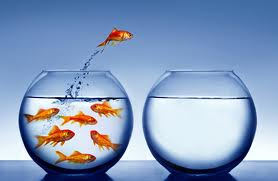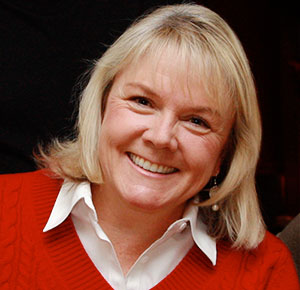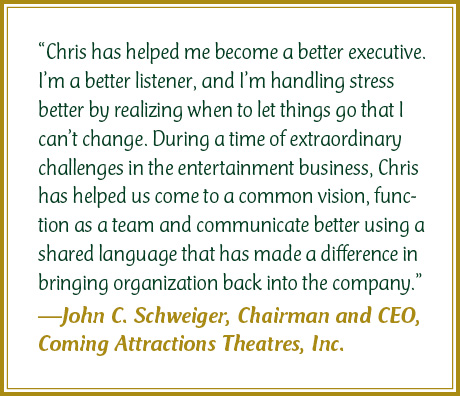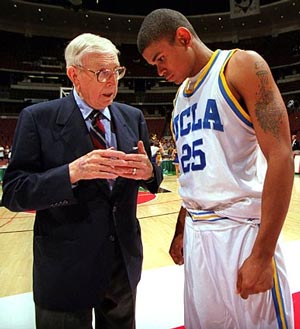
Here’s an old line with a new twist: what’s your elevator speech—for yourself?
You’ve probably invested weeks or even months defining your company’s brand, zeroing in on the sweet spot that distinguishes your organization from its competitors and then figuring out how to live it.
But how much thought have you given to your personal brand? What makes you stand out from your colleagues? What unique contributions do you make, both to your organization and the wider world?
Brand is central to all interactions—personal, business, online, social media—and is a combination of what you say and do as well as how you show up. And if you never bothered to think about it, your brand may be more accidental than intentional.
Below are some questions that will help you access the core of your being, see yourself as others do and distinguish between what you do and who you really are. Based on this information, you may decide to present yourself a little differently.
What Do You Believe?
It’s time to get personal clarity about your beliefs. What are you passionate about? What inspires you?
Pretend you’re introducing yourself to a new colleague or prospective client. How would you complete this sentence? “I believe …”
If someone asked me that question, I would say, “I believe that finding the positive in people and organizations contributes to a better world. I like to start by helping individuals develop their unique strengths, and this leads to better performance and greater happiness.”
What Taste Do You Leave in People’s Mouths?
Is it sweet, savory, or a pinch of both? Is it spicy or bland, bitter or sour—or perhaps you bring a touch of umami flair?
How does your presence influence others? What do they say about you after you’ve left a meeting? What will they say about you after you’ve left this world?
Whether or not you intend to, you affect others. People often don’t realize the impact they have on others unless it is publicly recognized—awards, celebrity, trophies of one sort or another. Few are aware when they have a deflating, enraging, or otherwise negative effect.
It might help to ask your colleagues and friends to give you an honest assessment of your brand. Ask them to not hold back—it might be tough to hear, but this is an opportunity to see yourself in a new way. If you don’t like what you see, change it.
You Are Not Your Job Title
You are more than the sum of your duties. Your personal brand has as much to do with how you do something as what you do.
When you perform a task, how can someone recognize your hand as opposed to your coworker’s? What are the telltale signs of your role in the project? Why would someone hire or promote you over a peer with similar skillsets?
Redefining Your Brand
You may be at a point in your life when you’re ready to change your brand. How do you go about getting people to take you seriously as y when they’ve always seen you as x?
You don’t want to be perceived as a chameleon, a waffler, or a wanderer. Just because you’ve decided to change doesn’t mean others will understand this is an evolutionary step rather than a screwball adventure.
Perhaps you’re embarking on a new career or starting your own business. You need to craft a narrative that gives people a bridge between your past and present selves. How does your old, familiar brand tie in with your new one? How does it give you an edge in a field that may be new to you?
Frame your story in such a way that your apparent weaknesses become compelling advantages. Say you’re a surgeon turned sculptor. While you may be new to the medium of clay, your knowledge of anatomy and ability to work deftly with your hands will imbue your work with striking accuracy and detail. Put it in a 30-second elevator speech.
Going Up
Here’s my elevator speech: ”I believe that finding the positive in people and organizations contributes to a better world. I like to start by helping individuals develop their unique strengths, and this leads to better performance and greater happiness. Combining my background in marketing, positive psychology and coaching, I help individuals and organizations define and then live their brand—which leads to better health, greater productivity and more meaningful and meaning-filled lives.”
So what’s yours? Please share.
Find Your Brand, Change Your Life
If you need help figuring out your personal brand, consider hiring a leadership coach. Let me give you a 20-minute sample session. Call 541.601.0114 or email chris@capiche.us to find out how I can help you transform yourself—and your world.

















